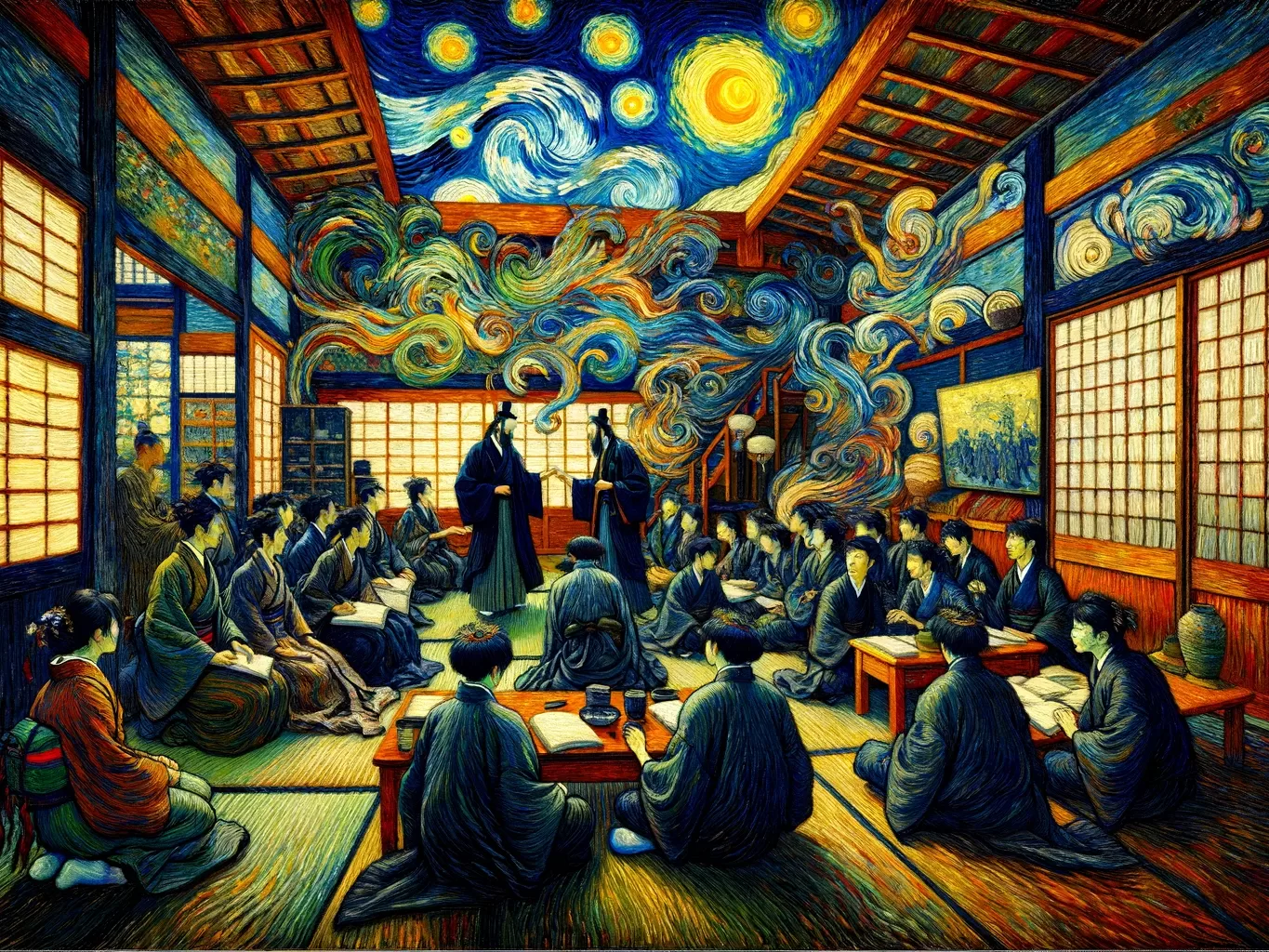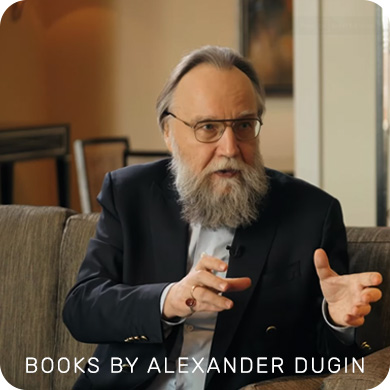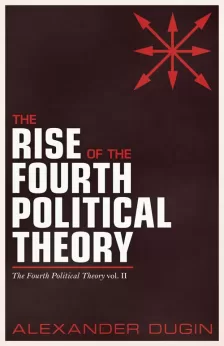Just as all material goods must be supplied according to the needs of the times, education must also adapt to the times and establish its own policies. Although he considered himself to be an amateur in the field of education, in a lecture delivered on June 18, 1909, Sōseki Natsume, considered to be the father of Japanese literature and still the most widely read man in the nation, very succinctly explained how the people of Japan should be educated, or in other words, what is the greatest purpose of education. The title of the lecture was “Education and Literature.” Addressing the Nagano Prefectural Council Chamber, Natsume’s message remains especially prescient in this era of excessively rapid modernization.
“Education seems to be mainly academic education, but education now includes social education and family education,” Natsume writes. Initially, he discusses the relationship between education in the broad sense, especially moral education, and literature. Natsume’s ideal education can perhaps be summed up in one phrase: to create a vibrant human being, that is, an individual. His ideal is not an isolated individual whose intellect has been cultivated for the sake of either the state or the self, nor does he describe a scholar who possesses dead knowledge and unused learning. It is necessary for a professional scholar to have knowledge that cannot be utilized, but not for ordinary education, and the world often refers to a scholar’s lack of common sense. In fact, common sense can often be weakened for the sake of learning. However, common sense alone is not wisdom, there is wisdom other than common sense. It could even be said that the more one masters the secrets of learning, the more one develops sense other than common sense. This is because academic knowledge oppresses common sense and reduces its domain, and so Natsume does not advocate that one should cultivate only common sense. In any case, learning cultivates knowledge other than common sense, and those who are educated from the original source sometimes become great individuals. However, it is not always the case that education is not enough to cause people to lose their common sense and become intellectually stagnant. Therefore, the purpose of education is not to go outside the realm of common sense, no matter how profoundly one studies and pursues academic principles, but to advance one’s studies, and at the same time, to keep abreast of the world and the trends of progress of the times, and to cultivate the ability to act in the active world.
Prior to the Meiji Restoration, Japanese education was based on an ideal, specifically a Confucian ideal, which was to be realized to the fullest extent. In this way, ideals were based on such abstract concepts as loyalty and filial piety, which were held up as ideals that could exist in the world, and which were then actualized. In other words, Natsume writes, “Confucius was the originator of this ideal, and even if it does not turn out to be true at all, it is still the goal of education.” As members of society, individuals had to proceed with an ideal that was impossible to attain in the world. For example, children were always to be deferential to their parents, the young to the elderly, wives to husbands, and so on. In the past, there were no restrictions on the higher ranking, but there were restrictions on those beneath them, which Natsume found unacceptable. There was no ideal of the wife to the husband, or the subject to the sovereign, for example. “In other words,” writes Natsume, “the filial son thought only of his parents, the loyal retainer of his lord, and the virtuous woman of her husband.” The reason for this was that they lacked what Natsume calls “a scientific mind,” and they did this without criticizing or examining the basis of their ideals. Naturally, this brought with it a sort of thoughtless deference and even undue reverence for those in positions of higher rank.
“In those days, we had ideals in front of us, and we were trying to realise our ideals with a kind of inspiration in front of us, so it was a kind of inspirational education, not primarily intellectual education.” Because of this, the daily lives of the general population could be described as emotional and effort-oriented. Those who received such an education remained as before, but society in that era was rigidly stratified and would not tolerate the slightest error. This changed drastically with the advent of the Meiji era. “Looking at the history of the past forty years or so, it can be seen that education, which in the past started from ideals, is now changing to education starting from facts. People are not formed by conceptual ideas, but by the two sides of the same coin, and they educate both society and themselves.” Prior to the Meiji Restoration, the expectation for the average individual was one of unwavering filial piety, whether in public or in private. “…but nowadays, if there is filial piety in one aspect, there must be unfilial piety in the other. In other words, in the past, filial piety was one-sided, but now it is dualistic,” Natsume writes. He attributes this shift to imagination, as well as awakening and disillusionment, although he cautions against overly strict definitions of any of these terms.
“Things are constantly changing, and things in the world are constantly changing, and so there are cases where a concept of Confucius is set up and this is held as the ideal, but later it is realized that this was a mistake,” Natsume writes. The reason for this change is the rapid progression of modern science; from science, there is increased observation. During the Meiji era, in an effort to compete with the West, this scientific spirit was also applied to society by such thinkers as social reformer Yukichi Fukuzawa. In addition, the disappearance of hierarchy and the convenience of modern transportation led to a change in thought that became the new Japanese ideology. This led to a massive shift in the societal paradigm.
Natsume continues, “In terms of morality, what the ancients did not tolerate in the slightest is now tolerated to a great extent by people today, and society becomes more relaxed. In other words, they are able to express themselves and think nothing of revealing all their shortcomings and faults.” In the past, individuals “used to be generous with our losses and endure cruelty.” But in the modern era, the average individual becomes less and less hesitant to reveal his weaknesses to the world. Individuals were allowed to show themselves without pretence, and this led to the development of a tolerant spirit. What was previously taboo became accepted, and in some circles, celebrated. The sanctions of society were loosened, says Natsume, “but from one side, we have shown tolerance by recognizing the fact that there can be such shortcomings in a two-dimensional way. In the end, the impossible was no longer forced, the fetters of concepts were removed, and the facts emerged.” Such vices as sloth and impatience were no longer sources of shame. The result of modern education was that it was no longer a disgrace to reveal one’s own idiosyncrasies openly and honestly. The result was a society populated with “dishonest and arrogant people.”
One of the things that often worried Natsume about the youth was that, in general, he considered the youth of Japan to be very weak. During his time as an instructor of English literature, he noticed that when they read books, they did little more than read the words with little attempt to understand the spirit of the text, and many did not even understand its meaning. Although they had “difficult books” in their hands, and when listening to them speak, they initially sounded sophisticated or profound, but after several minutes of conversation, they spoke without understanding the meaning themselves. Therefore, the words immediately become worthless. Natsume contended that this was the fault not only of the youth but also of the teachers. The spirit of the students had become very vulgar because their first priority is to pass the examinations, rather than to pursue academic principles.
Natsume’s contention is not only that we should be prudent, but also that we should be calm and attempt to understand and digest what we read. “There is nothing more frightening than a man who knows half of what he is reading.” Unfortunately, however, there are many such people in modern society, and the world is now under the domination of precocious, clever adolescents. But such an era cannot last long. Eventually, the youth of today will mature. Those who are thinking of a long future and want to better themselves must diligently prepare for it in the present and cultivate their dignity. Whether reading books independently or attending school, one must not only get carried away with idle reading, but also make it a point to actively cultivate the mind.
Natsume contrasted education with romanticism and naturalism, which he described as having the same characteristics as the old moral education, that is, an education that is obsessed with concepts. In comparison these two types of education with the education he mentioned previously, he says that romanticism is similar in character to the old moral education, which he calls concept-based education, while naturalism is similar to modern fact-based education. “There was once an argument that literature and the arts are the supreme abomination of morality, and there was also a great scholar who argued this, but this was a great mistake,” Natsume continues. However, he says, there are some cases in which ethics and art are incompatible, and one must be abandoned in favor of the other. He gives the following as an example:
Suppose, for example, that I am pushing this desk and at some point it falls off with me. You will surely laugh at the fact that I have fallen. However, from an ethical point of view, you should not laugh at the fact that a person has fallen, you should feel sorry for him, and it is clearly unethical to laugh, especially as a courtesy to someone like me who has been invited. However, when you have to discard either laughing or feeling sorry for yourself, it is a kind of artistic way of appreciating it with a sense of humor. But if I were to suffer a concussion, your laughter would surely be replaced by ethical sympathy.
To a certain extent, art and ethics are inseparable, but in the end, there must be an ethical acceptance. Therefore, Natsume says, much of the material of a work of literature must be selected and chosen by appealing to moral criticism. In the case of the traditional romantic depiction of tragic love, for example, feelings of love are formed immediately after a chance meeting, and this leads to anguish. However, such things rarely occur in our daily lives. This is where the novels of the romantic school exaggerate certain sentiments, that is, they formalize abstract ideals, which are far from realism but are nonetheless especially moving. “The morality of romanticism makes the object seem somehow bigger and more grandiose than it is,” says Natsume. In contrast, “The morality of naturalism has an honest, endearing quality that exposes one’s own shortcomings.” The two must exist in balance.
Romantic art is marked by heightened emotion and serves to uplift the individual, while the art of naturalism is rational and makes them feel “real.” In other words, from a literary standpoint, romanticism conveys beautiful falsehoods, yet it also makes the human spirit recognize greatness and sublimity, and thus binds the human spirit to the future. Naturalism, meanwhile, which is realistic in its depiction of material and strives to demonstrate the facts of the present, thus unites the human spirit with the present. Man is portrayed as imperfect from the outset, and this literature can serve as a kind of commentary on his faults. Romanticism is inspiring, for it treats as its material something greater, but the material is “completely unnegotiable,” and therefore can give an impression of artifice to those who read it, whereas naturalism, regardless of how mundane or vulgar it may be, is an intimate reflection of oneself in its mirror. It can give the reader a sense of familiarity and deep satisfaction. In ordinary times, the individual is an advocate of at least a minor degree of romanticism, Natsume says, “and he uses more than his own strength to criticize or demand something of others.”
Fundamentally, the human mind has a desire to aspire to something greater than itself, something beyond the scope of its conception, and it has more hope for the future than for the present. The psychologically healthy individual seeks to elevate himself. Because of this, romanticism, that is, a stream of idealism, will never change and will have a long life deep within the human psyche. “Therefore, romanticist literature has the right to exist forever,” Natsume says. “As long as it is in touch with this resonance of the human heart, the ideas of romanticism will be transmitted forever.” But, contrary to this lofty spirit, the morality of naturalism is permissive in spirit. Naturalist literature is devoted to the depiction of reality as it is. Natsume is somewhat scathing here. “The tendency towards self-anatomy and self-criticism is gradually spreading among the human mind, and the spirit has become extremely plebeian, or in other words, banal.” Naturalism simply portrays the human condition. In contrast to romanticism, which depicts the ideal of an individual that is more than human, more than self, and thus almost impossible to desire and obtain, naturalism emphasizes the ordinary, with all its failings and weaknesses. “Now, however, there must surely be a tendency for the moral literature of naturalism to be shallow in its self-improvement, and to have little motivation for aspiration.” For Natsume, this is most certainly a fault.
In the Meiji era, just as today, the trend in education and literature has been towards the naturalistic, and the adverse effects of this have gradually become apparent. However, Natsume was not entirely critical of naturalism, so long as its proponents knew its proper role. “Naturalism is not such an unethical thing, and naturalism itself is not as it appears in some parts of Japanese literature, they have merely shown its shortcomings. As I have said before, no matter how much literature is written, it is never outside the realm of ethics, and at the very least, it must inspire a desire for ethics wherever it is to be found.”
In other words, so long as the hero-worshipping tendencies of romanticism remain in the depths of the human psyche, this genre will exist, but to ignore these romantic tendencies entirely, and to deliberately depict only human weaknesses produces work that has no value as literature. “No matter how many human weaknesses are written about, the literature must be such that somewhere within the reader’s mind, while reading the entirety of the weakness, a sense of evil towards it, or some other ethical demand, springs up,” says Natsume. This is the natural demand of the human spirit. In the Meiji era, the fact that certain naturalist novels were so detested by the literati was not a fault of naturalism itself, but rather a failure of the writers, and it was ultimately a reaction to the extreme romanticism of Japan’s past. The backlash was reactionary, in other words.
Naturalism, by depicting the unvarnished reality, obviously developed various shortcomings, and according to Natsume, the way to remedy them is not to simply revive the romanticism of the past, but rather to develop what he described as a new romanticism. “It is said that history repeats itself,” he says, “but history never repeats itself, and to say that it does is a mistake. In every case, it runs forward without turning back.” Thus, education, literature, and the arts will never return to the past because of “the evils of naturalism.” If such a revival were to occur, it would be in an entirely new form.
In the Meiji era, what was taught in ethics courses was limited to the teaching of reason, and did little to define the motives of human action. Therefore, there was a great deal of petty reasoning with regard to morality. As previously mentioned, filial piety was heavily emphasized. Such a method may be fine for those who study morality academically, but it cannot be used to cultivate the hearts and minds of youth. Morality is something other than a theory, it is a practice. Today, just as in the Meiji era, the tendency of ethical theories is to simply run into empty arguments. If this is the way things are conducted, it is only natural that human feelings will become weak and morals will decline, and even if some progress is made, there is little chance of great individuals emerging from the improvement of external appearances. The purpose of general education is to create ordinary people, not to train heroes and great men. However, education that crushes those who contain the elements to become heroes and great men and educates them in an ordinary way is also against the purpose of education, and those who contain such elements must be developed in a way that will help them develop further. This is the essence of Natsume’s new romanticism.
For Natsume, the new romanticism does not set up ideals that are near fantasy, as in traditional romanticism, but aims at objectives that are closer to reality. “Society is always dualistic,” he says, and the appropriate balance of romanticism and naturalism varies according to time and place.
The inspirational education of the past, the emotional romanticism of the past, and the scientific and true education of the present, and the naturalism of the present will be combined with each other, and the transition and relationship between them will become clear. As long as there is a desire for improvement in the human mind, romanticism will be allowed to exist forever, while naturalism, which discovers the true value of everything, will also have sufficient life, and I believe that the harmony between the two should become a major trend in the future.
Natsume concludes his lecture with the following. “In today’s education, primary and secondary schools are romanticist, and universities are naturalist. These two are closely related, and although they are two, they are in fact one and the same. Therefore, as I have said before, literature and education are inseparable.”
In short, educators must be careful to cultivate individuals who are able to stand on their own in the midst of an active society, who are unashamed of their own nation and their own ideology, who are able to come into contact with real life, and who are able to contribute to the world’s sublimity. The greatest aim of education should not be to drift along with the winds of the world, but rather to respond to the prevailing conditions of the world, without losing one’s individuality, and thus to advance ahead of the world’s currents. If there is a just cause in the world, we should take up the sword and wield it; if not, we should return to the fields and cultivate them. The greatest aim of education must be to cultivate a character that is able to interact with the inexpressibly strange forces of the universe.









